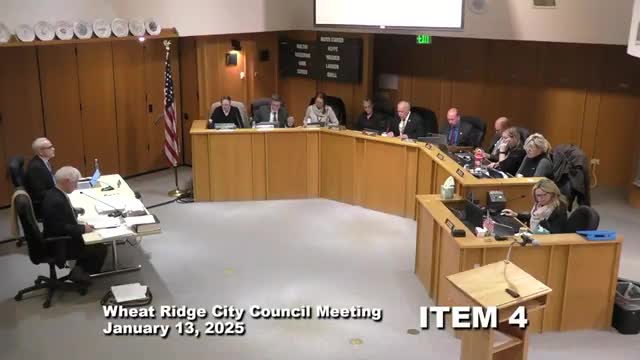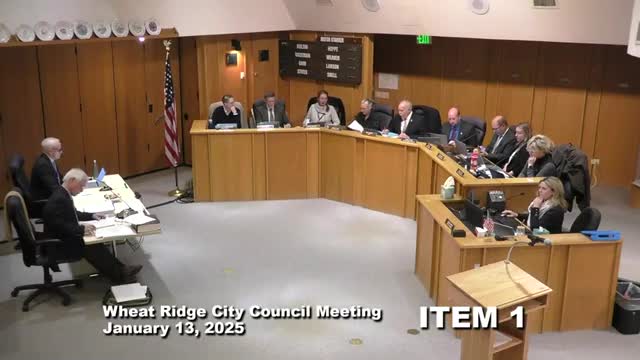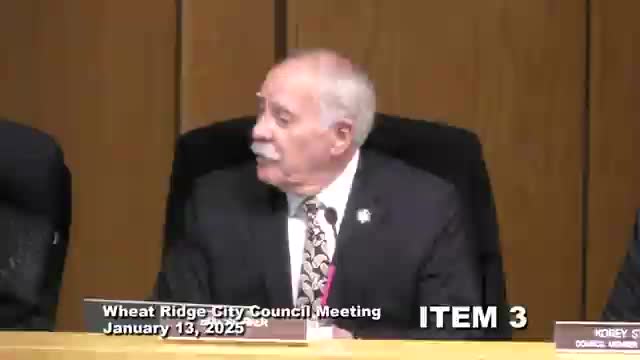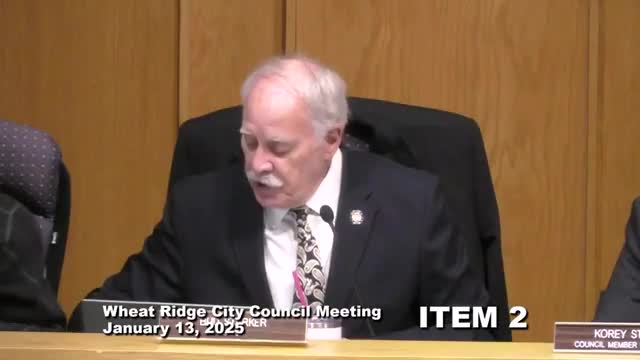Article not found
This article is no longer available. But don't worry—we've gathered other articles that discuss the same topic.

Council approves amendment to Prospect Park ODP to expand Applewood RV Resort onto northern parcel

At a glance: Wheat Ridge City Council votes and calendar items from Jan. 13, 2025 meeting

Council adopts ordinance specifying where state‑licensed healing centers may operate in Wheat Ridge

